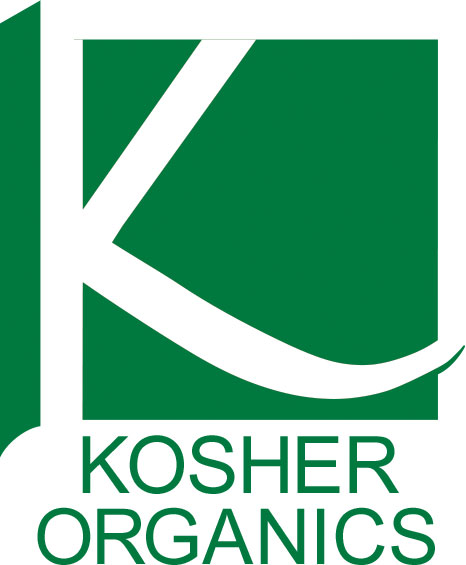In the past two decades, the demand for kosher, natural and organic food products in the United States and around the world has greatly impacted the food industry.
Organic and natural food have boomed in the last decade, moving from a tiny niche market to a $30 billion dollar industry. Across the country, people are growing more concerned with the possibility that their food and water could actually make them sick and are responding by buying more products with labels like “organic,” “green,” and “natural.”
The recent popularity in kosher foods has resulted, in part, from Jews looking to reconnect with their heritage, as well as from purchases by members of other religious groups ,and also because kosher foods are considered to be healthier than no kosher products . But the greatest boom to the industry has been people seeking out kosher food for health reasons: lactose-intolerant consumers who buy pareve products, which contain neither meat nor dairy products; and vegans, vegetarians and people with food allergies who favor kosher foods because the industry’s labeling practices are considered to be more rigorous.
In 1984, there was something like 16,000 kosher products , today there’s approaching 80,000. This has created a worldwide kind of trend that if you want to sell in America to the food market; you have to have kosher ingredients.
The kosher market already includes many mainstream foods that most people do not realize have kosher certifications. Frito-Lay’s classic potato chips have been certified kosher since 1994; Coca-Cola has been since the early 1930’s, Walmart the nation’s largest retailer, has begun to offer kosher food in about 600 super-centers.”We’re trying to take a gourmet approach to the kosher market”.
